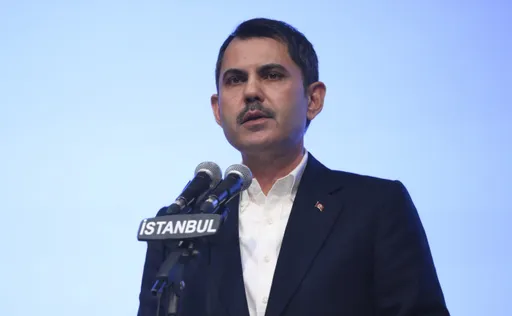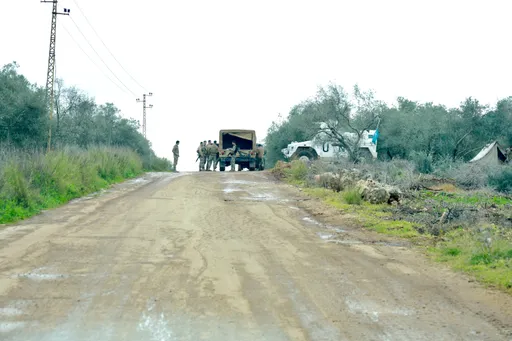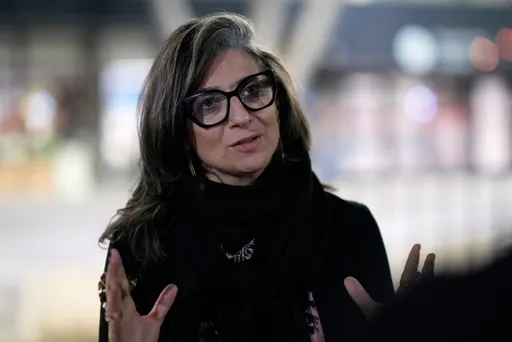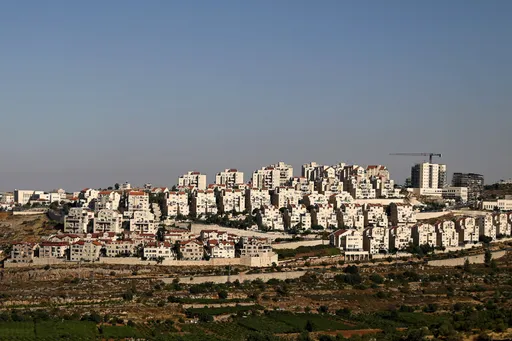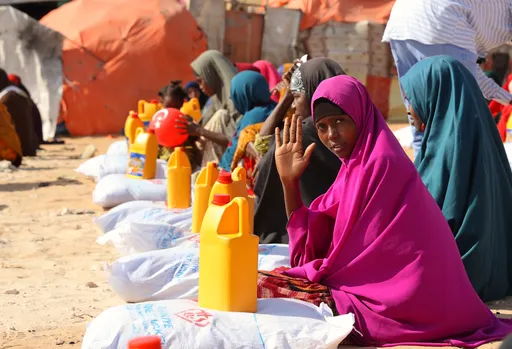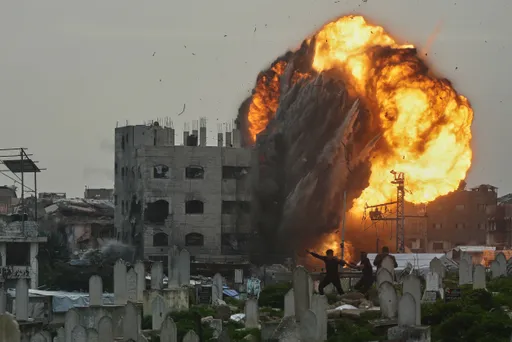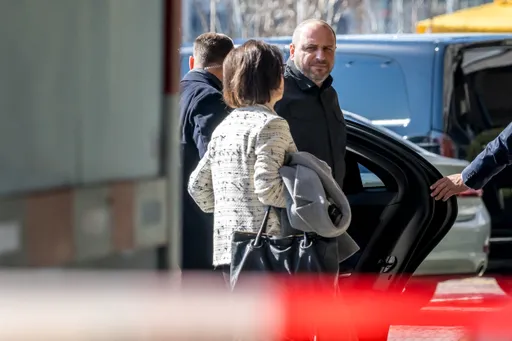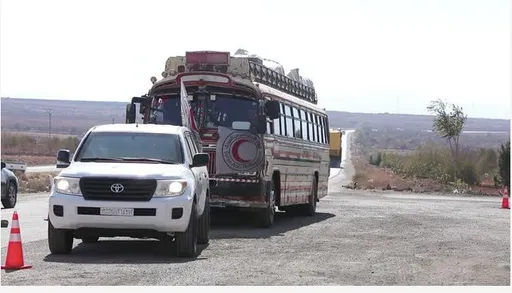Munther Amireh lost 33 kilograms in two months.
The hunger he was subject to in Israeli occupation prisons was just one of the many methods of horrific abuse and torture that he and other political prisoners have been forced to endure over the past six months.
“At lunch, prison guards would bring one bowl of soup for the whole room,” Amireh, a father of five, tells TRTWorld from Bethlehem in the occupied West Bank.
Prison cells built and mandated to fit five inmates are now severely overcrowded. Amireh lived with 12 other prisoners in their cramped room, with many sleeping on the floor.
“They would also bring one plate of rice - that wasn’t enough to feed a young boy - for every four prisoners,” said the 53-year-old Amireh, describing the small portions and bad quality of the food as “torture” and as “aggressive”.
The severe decline in the already-difficult conditions for Palestinian political prisoners came following a surprise operation against Israel on October 7 by the Gaza-based Hamas resistance group.
Since then, Israel has carried out what has globally been described as a ‘genocide’ in Gaza, killing nearly 34,000 Palestinians – the majority of them women and children – despite widespread international calls for a ceasefire.
Israel has also upped its violence against people across the occupied Palestinian territories, with political prisoners some of the worst affected.
At least 44 Palestinian prisoners have died or were killed in Israeli custody since October 7, including some who were beaten to death.
The figure includes 17 people, the majority of them from the occupied West Bank and East Jerusalem, who lost their lives inside Israeli prisons. It also includes at least 27 other detainees who were held at the Sdei Teiman and Anatot Israeli military camps.
Videos and testimonies over the past six months have exposed severe torture and abuse by Israeli forces against Palestinians in their custody, with soldiers beating, stepping on, abusing and humiliating detained Palestinians who have been blindfolded, stripped either partially or entirely, and have their hands cuffed, and in many cases, filming and mocking them.
‘Tortured in front of 250 prisoners’
Israeli forces have arrested more than 8,200 Palestinians from the occupied West Bank since October 7, with at least 9,500 Palestinians already held in Israeli prisons.
The majority of those have either been transferred to ‘administrative detention’ – without trial or charge – or are awaiting trial and a military court decision.
Hundreds of other detainees from Gaza are also being held in Israeli military bases and camps.
The experience of Amireh is a microcosm of what many prisoners have testified to enduring.
While he had been detained by Israeli forces multiple times before, Amireh, along with countless other prisoners, said that the abuse and torture he experienced in detention after October 7 was like nothing before.
Amireh was arrested from his home in the Aida refugee camp in the Palestinian city of Bethlehem on December 18, 2023, and was released about a month ago.
He says that he is still struggling to process and forget the torture he was exposed to.
One day during his detention in Ofer prison, he and a group of prisoners were forced into the yard of the prison within sight of hundreds of other detainees, stripped naked, placed on top of each other, and beaten and sexually abused with a stick on their genitals, in torture methods that resemble those carried out by American forces in Abu Ghraib.
“They did this to us four times, including once in front of 250 other prisoners. Torturing us in front of them in order to tell them to ‘be silent’,” Amireh says.
He describes a routine day in prison after October 7: at four am, the prison guards would carry out the daily prisoner count, which takes place three times a day.
“Twenty guards would come into the cell shouting, ‘Count, you animals! Count, mother****s!” recalls Amireh, explaining that they were exposed to constant verbal and physical abuse.
According to the United Nations, at least two Palestinian women from Gaza were raped by Israeli soldiers. Dozens of others were threatened with rape or were sexually abused.
Unprecedented conditions
Aside from torture and beatings, Israeli prison authorities took a series of measures that have made detention unbearable and deadly for detainees.
This includes halting medication and medical attention, banning yard time, cutting off electricity and water, and removing all personal belongings such as paper and books, as well as all electrical devices such as TVs, radios, cooking slabs and kettles.
The canteen, which is essential for basic supplies and food, has also been shut down, while family visits and lawyer visits have been banned.
Fairouz Salameh, a 26-year-old resident of Birzeit town north of Ramallah in the central occupied West Bank, was arrested by Israeli forces on November 16 and held for two-and-a-half weeks before she was released without charge.
Salameh, who was completing the final stretch of her Master’s degree at Birzeit University, was half-asleep at four am in the morning in her rental apartment when over a dozen soldiers burst through her door.
“I found myself surrounded, there were at least 10 soldiers in the house. They were screaming and cursing at me as soon as they came in and began ruining and breaking everything,” she tells TRT from Birzeit.
Soldiers ripped apart the posters she had of political prisoners and of Palestinians killed by Israel, stepped on them, and confiscated all her electronics, including her phone and laptop.
“They handcuffed me and blindfolded me. When we got to the military vehicle, one soldier grabbed me by my collar and threw me onto the floor of the jeep,” she recounts, adding that she remained on the floor of the vehicle between the soldier’s shoes for hours.
Salameh was eventually taken to Ofer prison where she was strip-searched by female soldiers and underwent interrogation every single day for long hours on a metal chair, with her arms tied back, before she was returned to her isolated cell.
The occupation, she said, deals with Palestinians as ‘guilty until proven innocent’.
“The mere fact that you are Palestinian is a threat to them. They have certain preconceived notions (about Palestinians) in their heads.”









